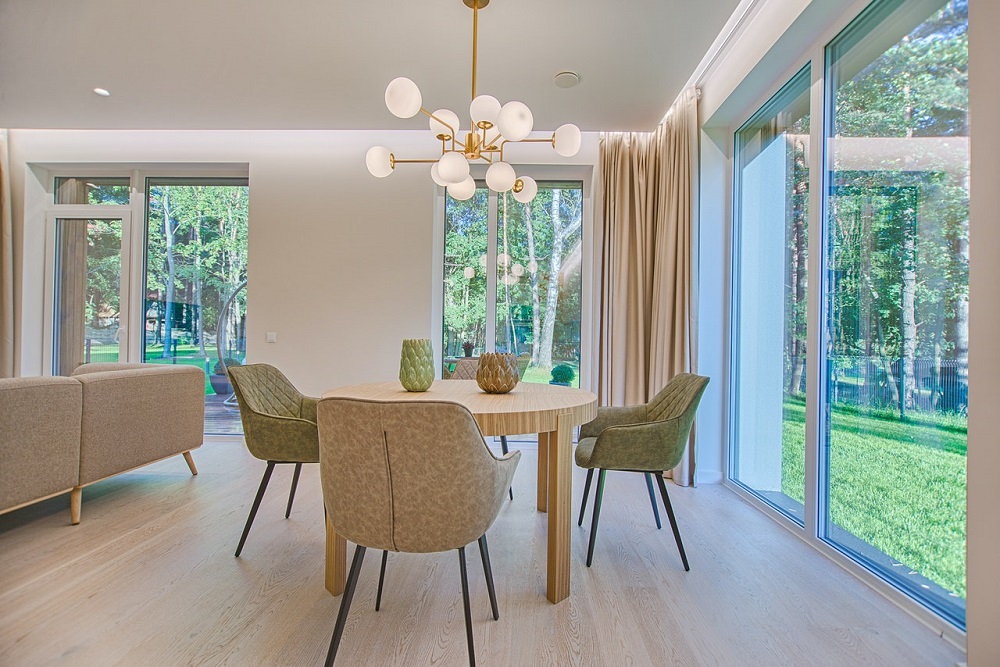A reverse mortgage, also known as a retirement home loan, might be a great long-term financial solution, with no immediate commitments. Compared to a traditional mortgage, which brings temporary relief, but comes with monthly repayments, a reverse mortgage gives easy, unobstructed access to your cash for some time. It seems alluring, but before you commit, you need to weigh up both sides of the matter.

The Positives:
- No Scheduled Repayments
Believe it or not, a reverse mortgage doesn’t come with monthly account statements or a specific payback period! While a regular loan must be repaid within a certain timeframe, you have the option to significantly prolong a reverse home loan. The only catch is that you must live in the house yourself and remain its legal owner.
- Access To Your Money
The adaptability of a reverse mortgage allows you to address issues that come with retirement, like cashflow. If you have the resources available within your loan, you could lodge a request for monthly equal payments, to help you cover general monthly expenses. In a sense, this functions as a form of paycheck during your retirement.
It also provides a facility for you to borrow cash. In this sense, you would treat your loan like a credit card, knowing that you have access to specific amounts as you need them. A reverse mortgage could also provide a single payment solution to help you cover sudden expenses, like an unexpected medical event, without having to go into debt.
- Accommodation Security
Traditional loans come with a risk of foreclosure, and compromising your loan and home is as easy as missing a payment. There are two distinct benefits to a reverse mortgage: Firstly, because you must stay in the house for your loan to be valid, it brings far greater security, as you cannot be evicted. Secondly, as in point 1, the fact that there are no preplanned repayments, you cannot miss payments, so the loan terms are far safer.
The Negatives:

- You Can’t Move
Staying in your home is a condition of the reverse mortgage loan, so to keep your loan valid, you won’t be able to move to another house. While this is good for security, it’s bad for mobility. Any long-term absences from your house, like a long hospital stay, should also be carefully weighed up, as the loan may be voided under such circumstances.
2: The Fine Print
There are several conditions to taking out a reverse home loan. Other than being a minimum of 62 years old, bear in mind that you may not have more than one mortgage at the same time. While having a normal home loan doesn’t prevent you from applying for a reverse-mortgage, you would have to settle the one using funds from the other, before getting full access to your funds. All related fees, like the fees for closing the initial loan, will also come out of your reverse loan.
Featured post
© Copyright 2020 Antonia, All rights Reserved. Written For: Tidylife


Leave a Reply